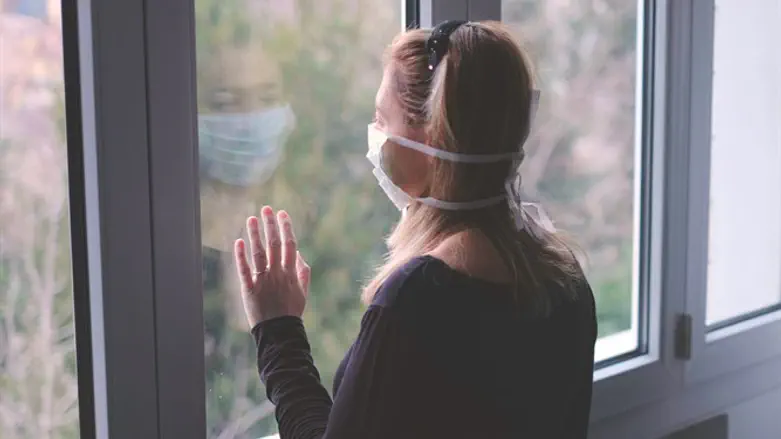
A year into the pandemic and related social problems, one fifth of American adults say they are experiencing elevated levels of psychological distress, a Pew Research study found. Three in ten, nearly 30 percent, say that the pandemic has altered their lives in a "major way."
The overall percentage of the population dealing with high distress is down slightly from one year ago, yet the number of people still dealing with mental health issues is concerning.
The Pew Research index of psychological distress was based on a set of five questions about anxiety, sleeplessness, depression, loneliness and physical symptoms related to the former. Researchers have found that fear and isolation associated with the pandemic have caused many to experience some form of anxiety and depression.
High levels of distress were noted by those who say that the pandemic has been a major threat to their personal financial situation or to their personal health. Psychological distress was common among adults aged 18 to 29 or those with lower incomes. Those with a disability or health condition that makes it challenging to fully participate in the workforce or attend school or complete everyday activities were also experiencing high distress levels.
Young people have been of particular concern during the pandemic. Mental health professionals are worried that the lockdowns have caused extended periods of isolation which disrupt the socializing and school and work experiences which fill up the transition into adulthood.
Distress levels are also higher among those who have difficulty navigating the sign-up process for a COVID vaccine in their area or who have had trouble finding information about how to do so.

